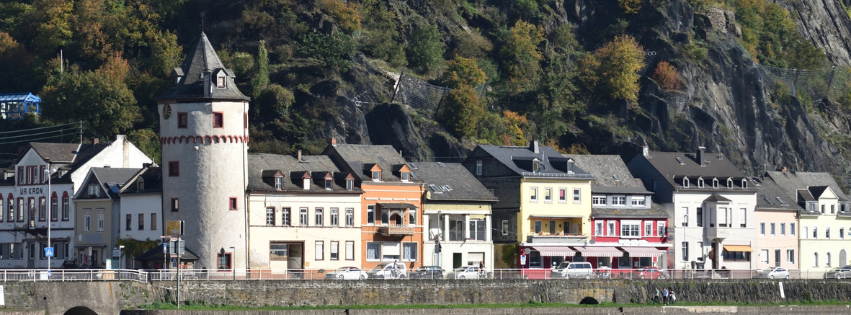Discover the Hidden Gems of Caribbean Cuisine
- SMB Vacations
- Jan 9, 2025
- 3 min read
Caribbean cuisine is like a vibrant tapestry, woven with threads of history, culture, and flavor. Each bite tells a story of the many peoples and traditions that have shaped this dynamic region. From the indigenous Arawak and Carib Indians to the successive waves of settlers and laborers, including West Africans, Spanish, French, British, Dutch, and East Indians, Caribbean cuisine is a delightful fusion of diverse influences.

Imagine the scene as Columbus first set foot in the West Indies, encountering the native foods of the indigenous peoples. The culinary journey that followed brought an explosion of flavors, as each new culture left its mark on the region's gastronomy. Today, Caribbean cuisine is a tantalizing blend of mouth-searing hot sauces, aromatic marinades, fruity rum drinks, fiery spice rubs, and rich, earthy soups.
One of the defining features of Caribbean cuisine is its bold use of herbs and spices. From the fiery heat of Scotch bonnet peppers to the aromatic allure of allspice, Caribbean dishes are a celebration of flavor. Exotic tropical ingredients like ackee, breadfruit, plantain, and sorrel take center stage, adding depth and complexity to every dish.
Two ingredients, in particular, have left an indelible mark on Caribbean cuisine: cod fish and sugar. Dried and salted cod, brought to the islands centuries ago by English ships, transformed the culinary landscape, giving rise to beloved dishes like Jamaican ackee and saltfish and Barbadian codfish cakes. Meanwhile, sugar cane became a profitable plantation crop, revolutionizing the region's agriculture and leading to the creation of sweet treats like coconut patties and rum-infused desserts.
Speaking of rum, no exploration of Caribbean cuisine would be complete without a nod to this iconic spirit. Distilleries across the Caribbean produce a dizzying array of rums, from small batch to ultra-modern. Rum tasting tours offer the chance to sample signature brands and learn about the rich history of this beloved beverage.
But Caribbean cuisine is not just a product of colonial influences; it also reflects the region's indigenous heritage. Native Arawak and Carib Indians were cooking with chili peppers long before Columbus arrived, laying the foundation for the region's love affair with spicy-hot flavors. Staples like pumpkin, papaya, corn, and sweet potatoes remain essential ingredients in Caribbean cooking, connecting the present to the past.
The African influence on Caribbean cuisine is equally profound, with dishes like mofongo and callaloo tracing their roots back to West Africa. African slaves brought with them the tastes and foods of their homeland, adapting them to the Caribbean environment and creating new culinary traditions in the process.
Spanish, French, British, Dutch, and East Indian influences have all left their mark on Caribbean cuisine, creating a rich tapestry of flavors and textures. Whether you're savoring a savory stew in Puerto Rico, indulging in French-inspired delicacies in Martinique, or sampling Dutch treats in Curaçao, each island offers a unique culinary experience.
Caribbean cuisine is a celebration of diversity, a reflection of the region's rich history and cultural heritage. From spicy jerk chicken to sweet coconut custard, every dish tells a story, inviting you to savor the flavors of the Caribbean and embark on a culinary adventure like no other.
Craving crystal-clear waters and sandy beaches? Click here to schedule a quick hello call with me and make your vacation dreams a reality!
Want more cruise travel content? Join the Savvy Travel community!




Comments